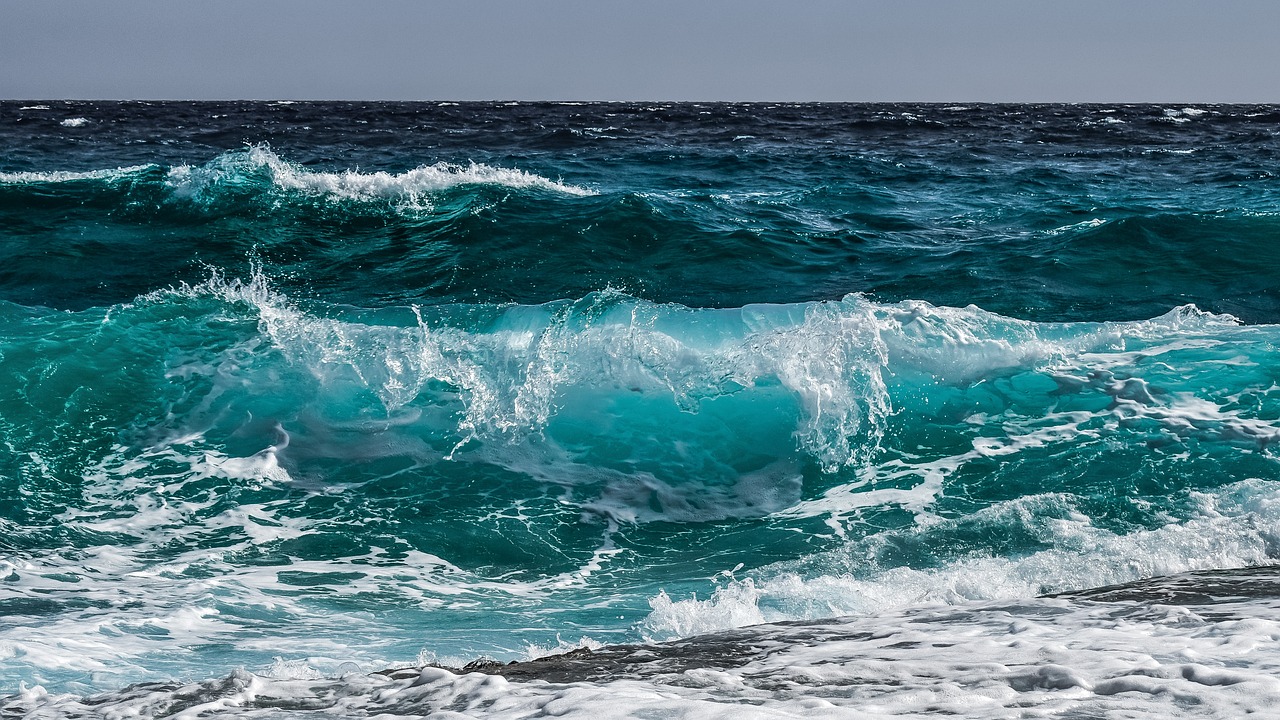Belgium – The North Sea has the potential to become a significant source of affordable, secure, and sustainable energy for Europe. Offshore wind and green hydrogen production, together with carbon capture and sequestration, will be instrumental in achieving the target of net-zero greenhouse gas emissions by 2050 as set in the European Climate Law and UK Net Zero Strategy.
In a joint declaration, the transmission system operators (TSOs) surrounding the North Sea – Energinet, Fluxys, Gascade, Gas Networks Ireland, Gassco, Gasunie, GRTGaz, National Gas Transmission, and OGE – have committed to the harmonious development of the full renewable energy potential of the North Sea. The TSOs recognize the prospect of offshore wind capacity in each country around the North Sea and aim to develop a renewable offshore energy system to drive import-export flows between countries, allowing for excess renewable energy production in some countries while others may not have enough domestic resources.
With their experience in operating gas pipelines in and around the North Sea with third-party access services in a regulated environment, ensuring safe gas supply to European customers, gas TSOs are well placed to deploy hydrogen pipeline infrastructure, potentially by repurposing existing natural gas offshore pipelines and/or installing new pipelines. This experience may also be useful to deploy CO2 transport infrastructure.
Permitting processes
To harness the full North Sea resource potential, the gas TSOs call upon all stakeholders, including electricity and gas TSOs, future hydrogen network operators, and policymakers, to join forces in developing a cost-benefit framework, a legal and regulatory framework, and a market framework for the optimal deployment of the necessary hydrogen and CO2 transmission infrastructure. They also call for the speeding-up of the permitting processes and maritime spatial planning with the involvement of electricity and gas TSOs.
Pascal De Buck, CEO of Fluxys, stated that the participating TSOs of Belgium, Denmark, France, Germany, Ireland, Norway, The Netherlands, and the United Kingdom fully support the ambition stated by the participating countries of the North Sea Summit. He emphasized that a balanced system of green electricity and green hydrogen from North Sea wind is the way forward to reduce overall system costs while boosting its robustness.
Challenges
The harmonious development of renewable energy potential in the North Sea offers several benefits. Firstly, it will help to mitigate climate change, reducing the reliance on fossil fuels and thus, decreasing greenhouse gas emissions. Secondly, it will enhance energy security, reducing the reliance on imports from other countries. Finally, it will provide affordable energy for European consumers, reducing the cost of energy production and distribution.
However, there are potential challenges that may arise in the implementation of this initiative. For instance, the high initial cost of setting up the required infrastructure may be a barrier to investment. Additionally, the lack of a unified regulatory framework across countries may hinder the harmonious development of the North Sea energy system.
In conclusion, the North Sea has the potential to become a vital source of affordable, secure, and sustainable energy for Europe. The commitment of the gas TSOs surrounding the North Sea to the harmonious development of renewable energy potential and their call to all stakeholders to join forces in developing a framework for the optimal deployment of necessary infrastructure is a significant step in achieving this goal.





